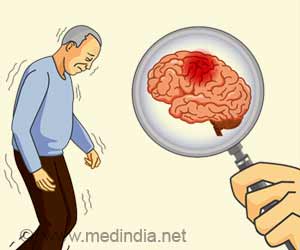Scientists have contributed to identifying Cav2.3 as a new target for a promising specific Parkinson’s disease treatment.

Parkinson's disease is the second most common neurodegenerative disease, affecting more than six million people worldwide. The development of Parkinson's disease is strongly age-dependent, but in many respects still not understood. Especially because many different causes - from genetic disposition and environmental factors to drug use - can contribute to its development. A causal therapy is not yet available. Therefore, there are strong efforts worldwide to better understand the molecular mechanisms of this disease.
It has been known for some that at the cellular level, disturbances in calcium-dependent signalling pathways play an important role in the development of Parkinson's disease, or are associated with it. Calcium plays a key role in many cellular signalling pathways, and its concentration is therefore regulated very precisely in the cell.
Deregulation of the calcium balance causes disturbances of the intracellular signalling cascades, which can lead to cell death. The international research team has now shown that excessive calcium influx through specific ion channels, Cav2.3 channels of the so-called R-type, can contribute significantly to the development of Parkinson's disease.
In a mouse model for Parkinson's disease, the researchers were able to prevent the death of dopamine-producing nerve cells by genetically switching off the activity of the Cav2.3 channels. The ion channel Cav2.3 has so far not been associated with Parkinson's disease. Further research on dopamine-producing neurons, which have developed from human so-called induced pluripotent stem cells, shows that signalling cascades similar to those that cause Parkinson's sensitivity in the animal models are also active in human neurons.
Previously, scientists hypothesized that another calcium channel, Cav1.3 (an L-type calcium channel), plays a central role in the development of Parkinson's disease. However, a recently completed clinical trial in which Cav1.3 channels were blocked did not show protection against Parkinson's disease. The new study provides evidence as to why this clinical trial failed to show protective effects and suggests that selective Cav2.3 inhibitors should be tested as a drug to treat Parkinson's disease.
Advertisement









